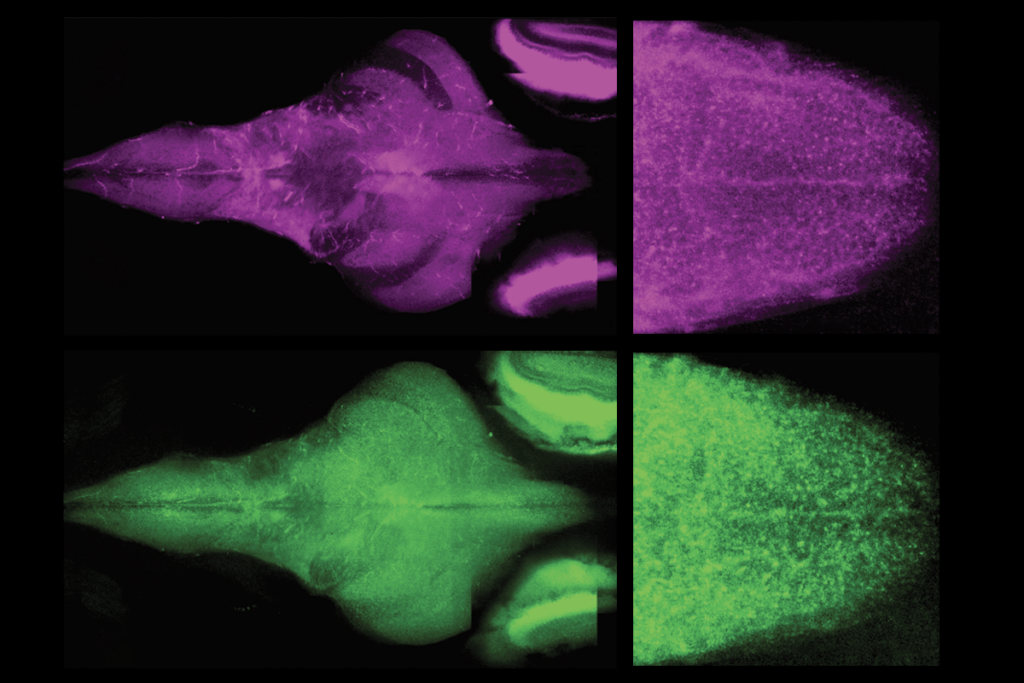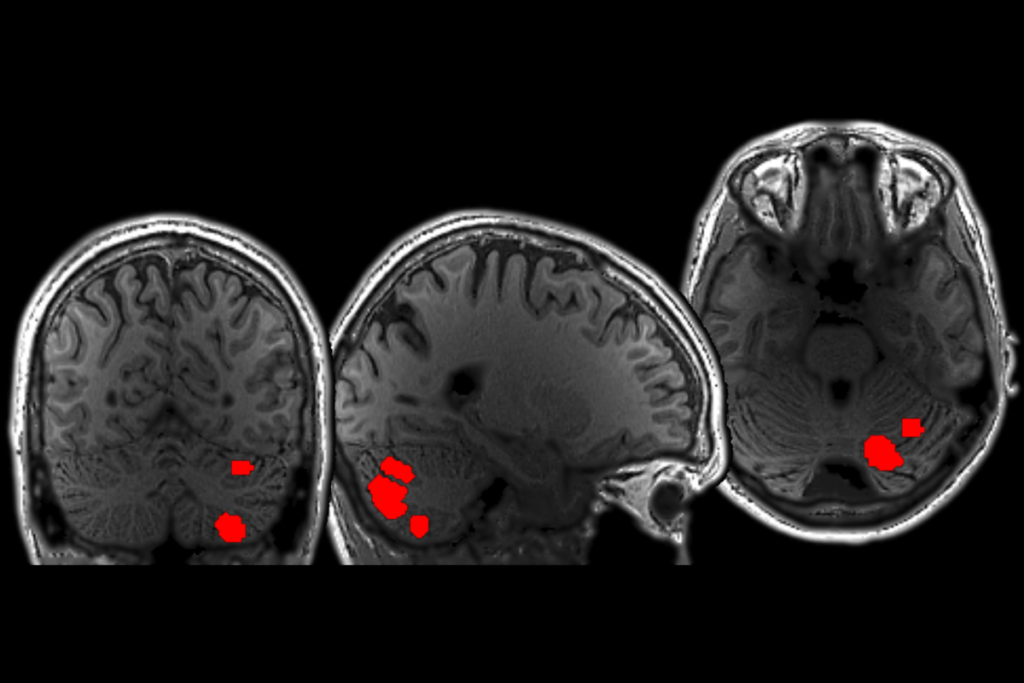Cognition and behavior: Bilingualism doesn’t hinder language
Growing up bilingual doesn’t impair language skills in children with autism, according to two studies in the Journal of Autism and Developmental Disorders.
Growing up bilingual doesn’t impair language skills in children with autism, according to two studies in the Journal of Autism and Developmental Disorders.
For the first half of the 20th century, many scientists believed that learning more than one language impairs a child’s cognitive development. That idea has been debunked in the past few decades, but for children with autism, some clinicians still recommend learning only one language.
The two new studies, the first to rigorously investigate this issue, challenge that idea.
The first, published 22 September, studied 75 children with autism, between 3 and 6 years of age, separated into three groups: 30 who were monolingual, 24 who were exposed to a second language before 12 months of age, and 21 who were exposed to a second language after 12 months of age1.
After giving the children seven questionnaires and diagnostic tests, including the Autism Diagnostic Interview-Revised and the Social Responsiveness Scale, the researchers found no significant differences in language ability among any of the groups.
The second report, published 27 September, studied 28 children diagnosed with an autism spectrum disorder, also between 3 and 6 years of age. Half of the children spoke Chinese at home and English outside the home, and the other half spoke only English2.
The researchers found no differences between the two groups on four different language and vocabulary tests. What’s more, after controlling for non-verbal intelligence quotient scores and age, the team found that bilingual children have larger English vocabularies than monolingual children do.
Some studies on typically developing bilingual children show that their vocabularies in both languages are just as large as or larger than those of children who learn one language3. Others report that bilingual children tend to have smaller vocabularies4.
Researchers from both new studies conclude that bilingualism is not harmful to children with autism, and that clinicians should not advise bilingual parents to teach their children with autism only one language.
References:
1: Hambly C. and E. Fombonne J. Autism Dev. Disord. Epub ahead of print (2011) PubMed
2: Petersen J.M. et al. J. Autism Dev. Disord. Epub ahead of print (2011) PubMed
3: Pearson B.Z. et al. Lang. Learn. 43, 93–120 (1993) Abstract
4: Bialystok E. et al. J. Cogn. Dev. 11, 485-508 (2010) PubMed
Recommended reading

Largest leucovorin-autism trial retracted

Pangenomic approaches to the genetics of autism, and more

Latest iteration of U.S. federal autism committee comes under fire
Explore more from The Transmitter

Cerebellum responds to language like cortical areas

Neuro’s ark: Understanding fast foraging with star-nosed moles
